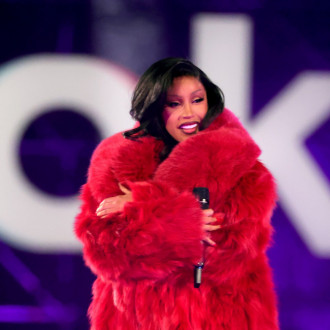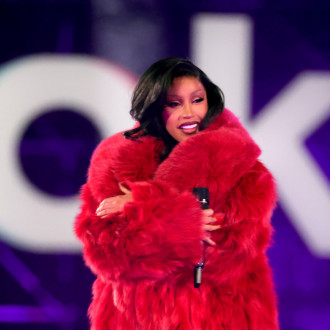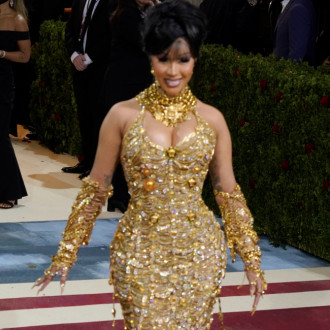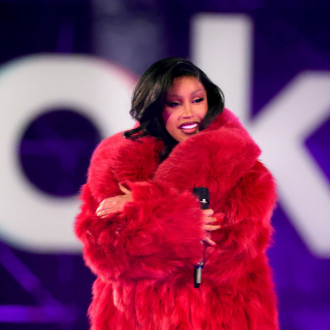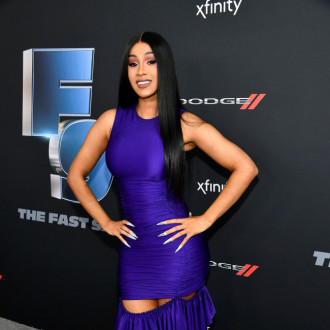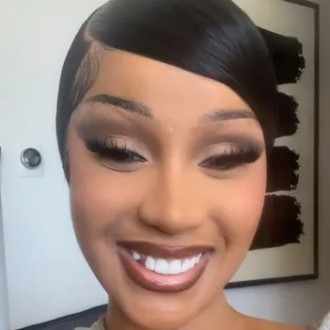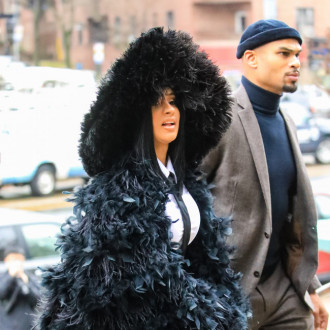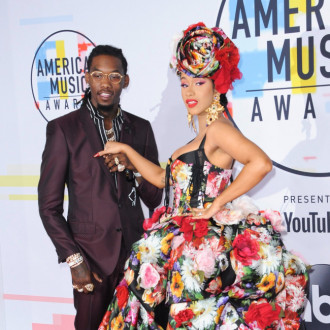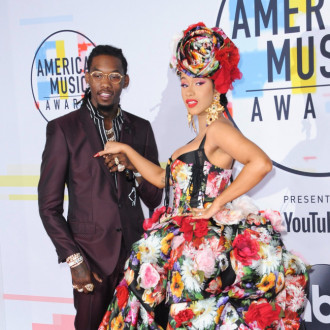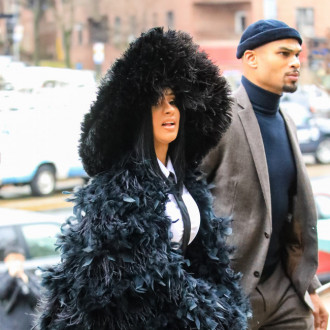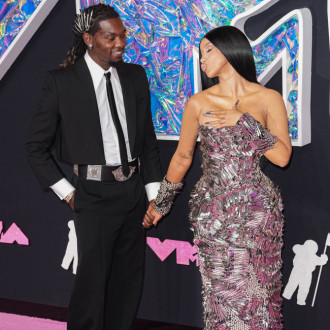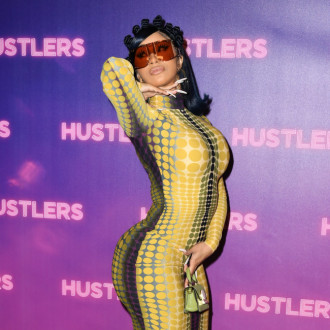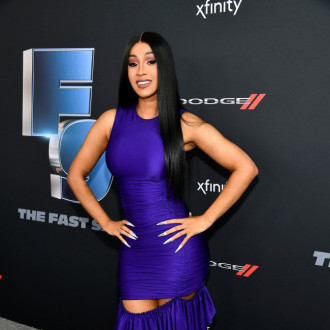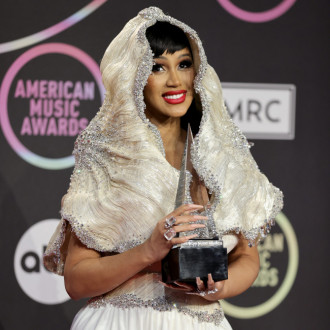How Cardi B and Megan Thee Stallion's 'WAP' became the most political song of 2020
By Holly Mosley in Music / Festivals on 07 September 2020
It's time to start letting women be empowered by their sexual attitudes.
It's difficult to believe that now, in 2020, women are still having to defend themselves for talking about their enjoyment of sex proudly and publicly. A woman expressing her sexuality is in danger of being criticised for doing so by both conservative groups and feminists. They are accused of objectifying themselves and other women and treated as though a healthy sexual appetite reduces their worth as a human being.
 Cardi B performs at the BET Experience at LA LIVE in 2019 / Photo credit: Xavier Collin/Image Press Agency/Sipa USA/PA Images
Cardi B performs at the BET Experience at LA LIVE in 2019 / Photo credit: Xavier Collin/Image Press Agency/Sipa USA/PA Images
When Cardi B dropped her single WAP with Megan Thee Stallion last month (August 7th), everyone was shocked. It wasn't like she was the first woman to release a song about sex, but to do so so explicitly with no attempt to diffuse the language into something more palatable is rare to say the least.
Perhaps it may seem a little distasteful at first glance/listen (depending on whether you heard the song first or Googled the lyrics when you saw how many people were talking about it), even for those with sex-positive attitudes. But when you examine the track deeper, you realise that this is not a pornographic song designed to impress or arouse men. It's a display of sexual dominance in womanhood, a expression of women using their voices to put across the kind of sexual experience that they want. It's not about offering up their bodies for the pleasure of men, it's a quest for their own pleasure and fulfillment; something alarmingly absent for the majority of sex-orientated songs that have been released over the years.
Unfortunately, there are too many people who simply do not see WAP as such a profound, empowering message. A number of conservative politicians and political commentators have spoken out about their antipathy towards Cardi B and her hit single including James P. Bradley, DeAnna Lorraine and Tucker Carlson. Most notably, though, was Ben Shapiro's reaction to the track which justifiably received much mockery.
In an attempt to, perhaps, ridicule the extent of the sexual references in the track, he read out some of the lyrics on his show. Unfortunately, he only managed to lampoon himself as it was the most unsexy thing anyone's ever heard. If that wasn't bad enough, he then went on to say:
"This is what feminists fought for. This is what the feminist movement was all about. It's not really about women being treated as independent, full, rounded human beings, it's about wet ass p-word. And if you say anything differently it's because you're a misogynist."
... Because, of course, a woman can't be an independent, well-rounded human being and STILL have a sexual appetite, right?! The cherry on top of this ridiculous cake, however, was when he claimed that his wife, who is a doctor, said that being excessively "wet" was a sign of a health problem. Naturally, Twitter took it upon themselves to point out how poorly this statement seemed to reflect his own sex life. Especially when another doctor, Dr. Daniel Grossman, eloquently refuted his claim.
In my medical opinion, it's normal-important even-for women to have a WAP. Vaginal lubrication is common & orgasm experience depends on the individual. We should not shame women who have WAP.
— Dr. Daniel Grossman (@DrDGrossman) August 11, 2020
If you have questions about your WAP please call a gynecologist, not a radio show host. https://t.co/ZH0sB5mCjT
Another iconic moment that this song was a big part of was not actually due to contention towards the song or artists, but instead because it was used as a vehicle to drown out the voices of women's oppressors. A TikTok user by the name of @alexthefeminist went viral when she began to casually read the salacious lyrics off her phone in an attempt to put off an anti-abortion demonstrator who was reading aloud from the Bible just feet away. Somehow this act seemed to display empowerment, tenacity, and hilarity at the same time and it's the most 2020 thing we've seen so far.
WAP can be seen as full of profanity, gratuitously obscene and cheapening to the women involved, but this narrative must change. Ultimately, it's a demonstration of freedom of sexual expression, a vocal and clear declaration of unfiltered desire, and that is not indecent or immoral. That, my friends, is what a healthy sexual attitude looks like.
Contactmusic
Advertisement
